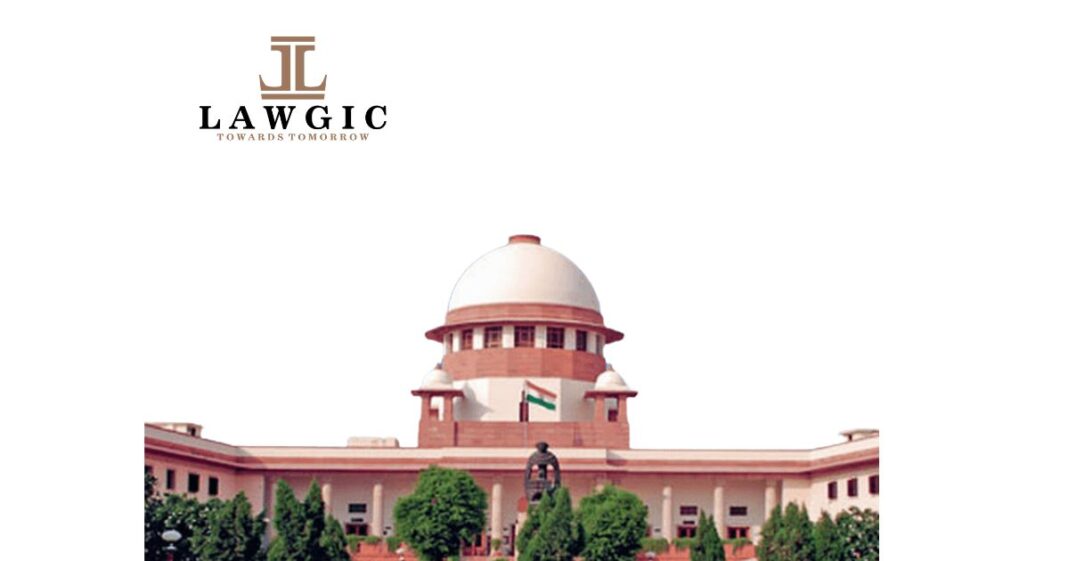The Supreme Court while hearing a plea by a journalist who was denied anticipatory bail by the Madhya Pradesh High Court, orally remarked that journalist does not have license to take the law into their hand.
The case of the journalist was that he was trying to expose a racket involving the illegal sale and purchase of a new born child. However, an FIR was registered against him alleging that he sought illegal gratification to suppress the news.
He claimed that he published a news exposing a racket involving illegal sale of a new born baby in the Dainik Bhaskar and therefore, as a counter blast one of the accused registered a case against him.
It is submitted by the counsel of the petitioner that as per the allegations, the ransom made was for 50 lakh and the amount paid was only 50,000.
Whereas, the respondent opposed stating that they were running racket of black mailing people to extract undue advantages.
It is observed by the court that the petitioners were in other case as well and denied to grant them interim protection.
“Though at this stage we need not go into the nature of the allegations, keeping in view the fact that the petitioners are also involved in other cases, at this stage we see no reason to continue the interim protection granted by this Court”.
The bench remarked that “Being a journalist does not mean you have the license to take law into your own hands”.
The court in its order “At the outset we note, this Court while directing notice to the respondents on 28.11.2022 had granted interim protection against the arrest of the petitioners herein. At this stage, we have the benefit of the counter statement filed on behalf of the state. Though at this stage we will not go into the nature of allegations, the petitioners are also involved in other cases, we see no reason to continue the interim protection granted by this Court. Further, as per the learned counsel for the State, the investigation against the petitioners has been completed. That being the position, whether there is a need to take the petitioners into custody is a matter to be considered by the investigating officer”.


